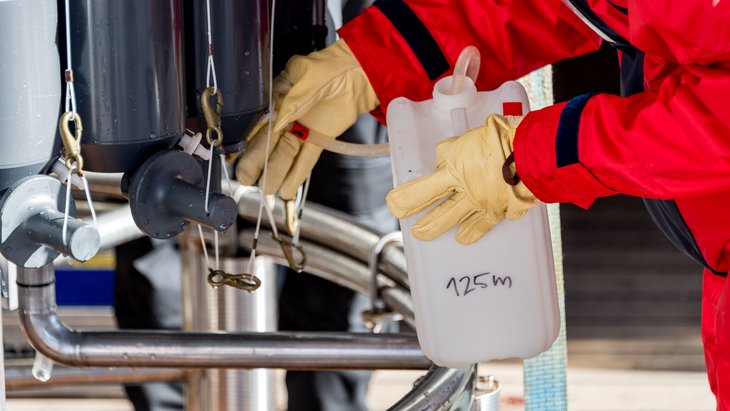Various networks and career opportunities support postdocs at the Max Planck Society.
The Max Planck PostdocNet is a network and lobby organization for all postdocs at the Max Planck Society. The PostdocNet website serves as a platform to increase the visibility of the postdoc group, openly exchange information among postdocs, and improve interdisciplinary collaboration among postdocs within the Max Planck Society and beyond.
LeadNet provides the postdoctoral community with a network that brings together senior scientists, research associates, project leaders, and group leaders at the Max Planck Society.
In addition, the Max Planck Society offers career orientation workshops specifically for female scientists through the Sign Up program, and mentors from Minerva-FemmeNet accompany you in planning your future.
https://www.mpg.de/en/postdocs








